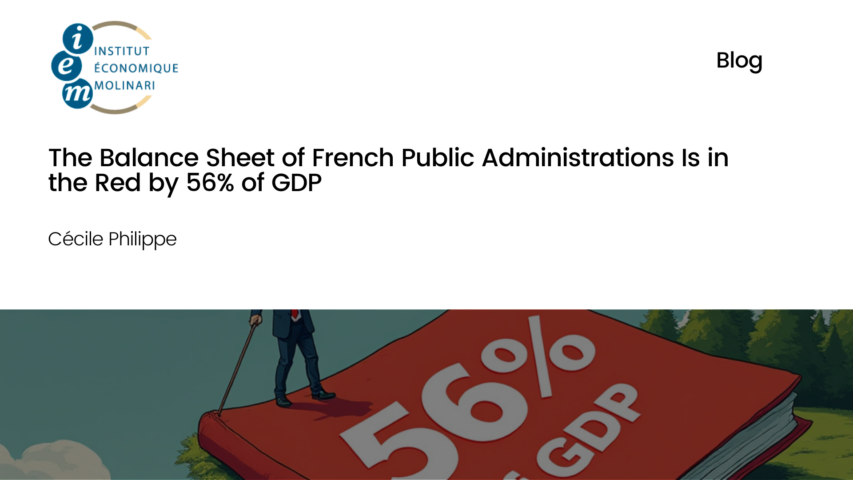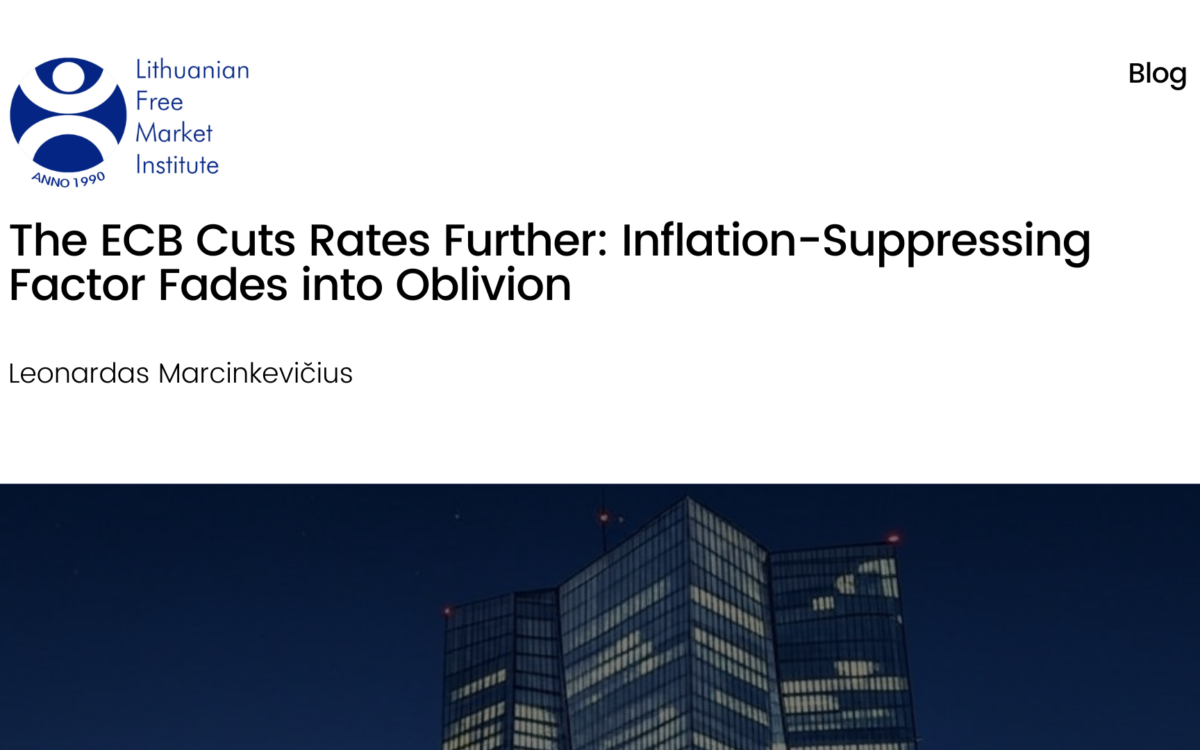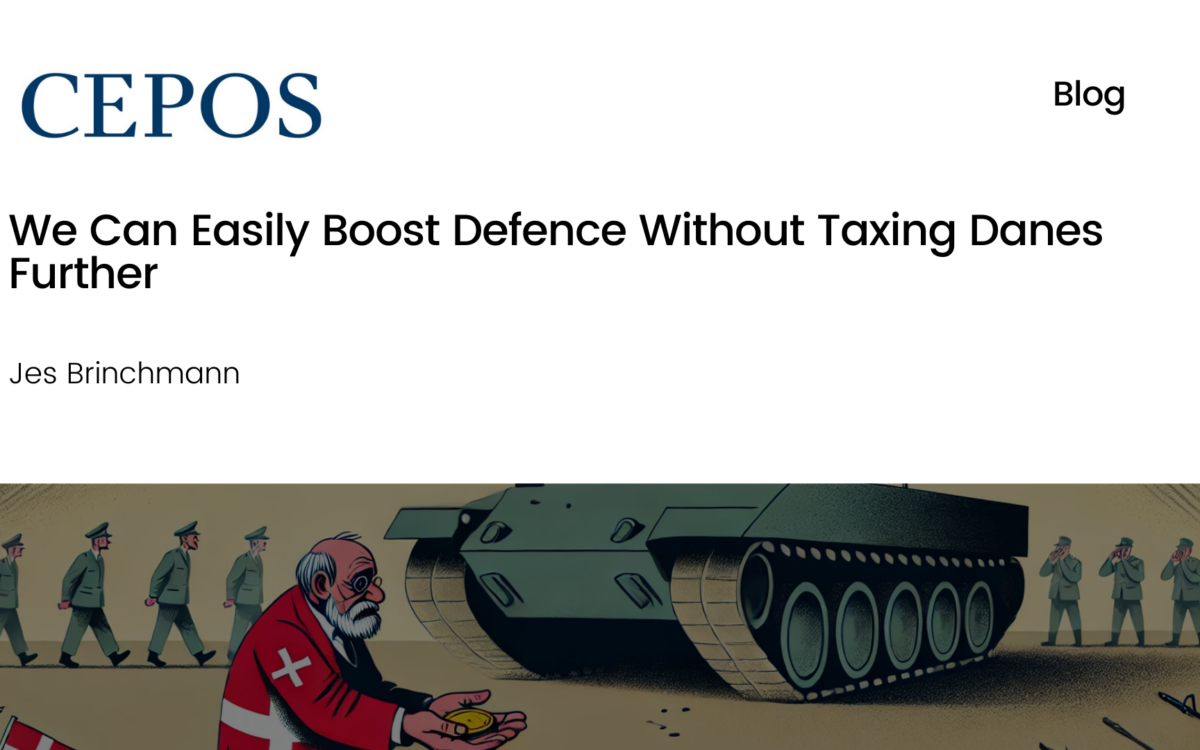The Balance Sheet of French Public Administrations Is in the Red by 56% of GDP

The Balance Sheet of French Public Administrations Is in the Red by 56% of GDP
Cécile Philippe // 29.02.2016
Some people see no need to worry about public debt because it matches the amounts invested to prepare for the future. Public administrations are fulfilling their role perfectly in going into debt because this finances projects that could not be undertaken by the private sector. But do the numbers back up this idea?
The latest analysis of the national balance sheet produced in December 2015 by the INSEE, France’s statistics institute, shows nothing of the sort. It valuates the assets of the public administrations at 147% of GDP. This shows that the administrations own an array of civil engineering works (roads, ports, airports, etc.), land, housing, machinery and equipment and also financial assets. To calculate net worth, you need to subtract their debts, which amount to 130% of GDP. This means the wealth of France’s public administrations equals 17% of GDP. This figure is down sharply in recent times. By way of illustration, it has fallen by half in three years.
This simple calculation shows that the investor-state idea is just a fantasy. The state has not been investing in the last few years and, as such, its net worth is melting away like snow in the sunshine.
Added to this, the reality is actually worse since the INSEE calculates the balance sheet of administrations without taking all commitments into account. It does not include the promises made in the form of pensions for civil servants and related workers. According to the Court des Comptes, these promises may amount to 73% of GDP in 2014. That means the true net worth of the public administrations is negative, to the tune of -56% of GDP.
We are therefore far removed from the traditional image of the state as a sound investor. The assets of the public administrations are not enough to cover all the commitments made by our public authorities. A valuation of the administrations’ balance sheet shows that they create debt to finance current out-of-control spending, the opposite of what a strategic investor and good manager would do. To get out of this mess, marginal improvements in management by the administrations will not be enough. They need to return to their essential missions and let civil society and private markets look after the rest.
Cécile Philippe is the Director General of the Institut Économique Molinari. This text was previously published on the IEM website and Le Figaro Magazine.
EPICENTER publications and contributions from our member think tanks are designed to promote the discussion of economic issues and the role of markets in solving economic and social problems. As with all EPICENTER publications, the views expressed here are those of the author and not EPICENTER or its member think tanks (which have no corporate view).



